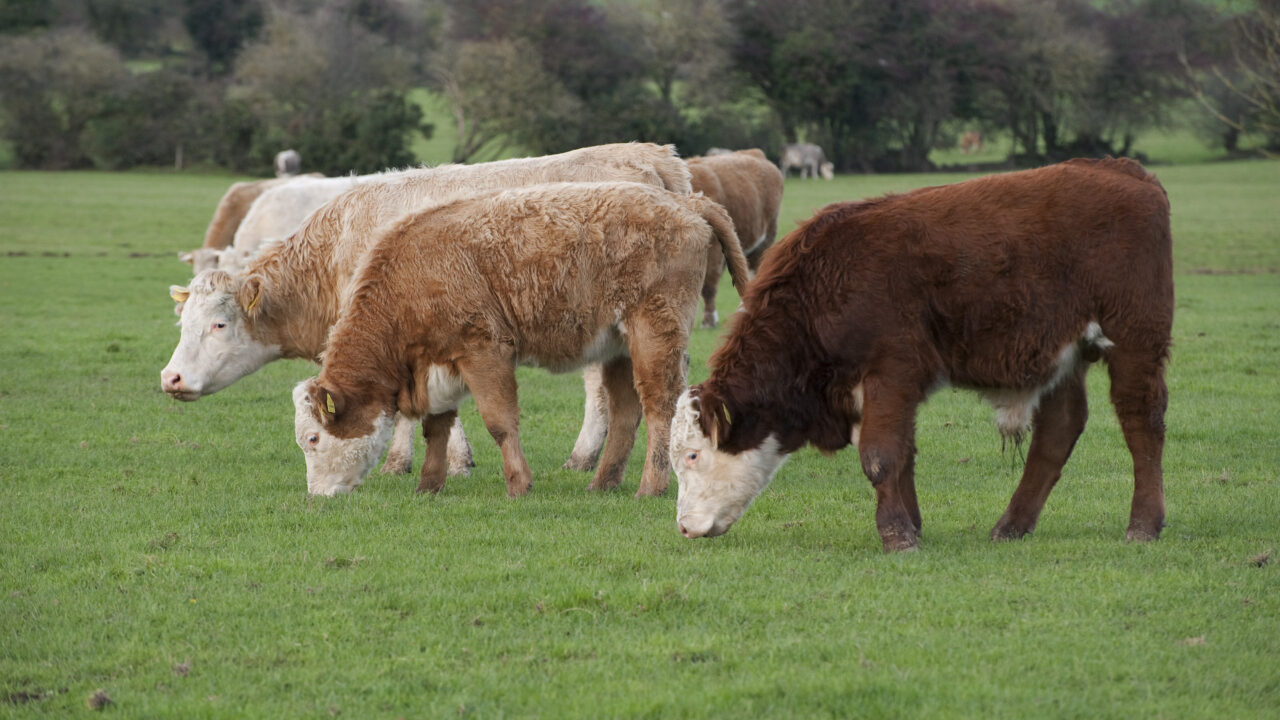The number of cattle exports from the European Union to Turkey is expected to fall in the coming years, according to a recent report from the European Commission.
The European Commission’s medium term Agricultural Outlook suggests that the number of EU-origin cattle exported to Turkey will decline gradually between now and 2026.
This fall is projected as it remains uncertain whether EU access to the Turkish market will be maintained, while increased competition from other players is also likely to have a negative impact on the trade.
In 2015, Turkey imported 380,000 head of live cattle, with the majority coming from South American countries. France also exported 120,000 head to the Turkish market last year.
But despite the anticipated fall in exports, the Commission’s outlook also highlighted the importance of the Turkish market to EU cattle export trade this year.
The Importance of the Turkish market to Ireland
The Turkish market has grown in importance in Ireland since access to the market was granted in June of this year.
Many industry commentators welcomed the opening of the market and Minister Michael Creed recently said that Irish exporters have shipped over 12,300 head of cattle to Turkey this year, and he expects this figure to increase before the year ends.
In total, four vessels containing bulls on varying weights have left Irish shores since September and it is understood that a further two vessels will leave for Turkey before the year ends.
The Minister also said that his Department is also currently actively examining the possibilities of bilateral health certificates for the export of cattle to Kazakhstan, Montenegro and for breeding cattle to Morocco.
I remain actively committed to ensuring that Irish beef producers have the option of exporting to as many markets as possible.
